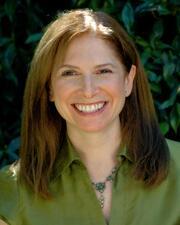Religion
Kurdish Women
Jews lived in Kurdistan for 2,800 years, until a mass migration to Israel in the 1950s. This Jewish community’s ancient roots and relative seclusion in the Kurdistan region fostered unique religious, cultural, and linguistic characteristics. Despite assimilation and the loss of traditional practices, the community remained tight-knit.

Naomi Kutin
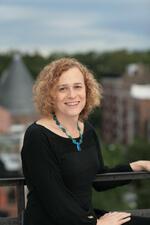
Joy Ladin
Joy Ladin is the Gottesman Professor of English at Stern College, a prolific poet, and a central figure in transgender theology. Her numerous written works reframe classical Jewish theological questions from a transfeminist perspective.
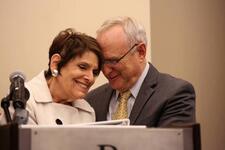
Lynne Landsberg
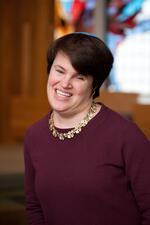
Lauren Tuchman
Lauren Tuchman, the first blind woman ordained as a rabbi, is best known for her championing inclusive Torah and disability justice. Though she is ordained in the Conservative movement, most of her work has been in community organizing and other non-congregational settings.
Law in Israel
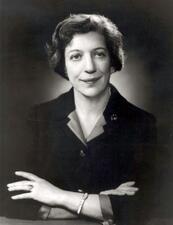
Law in the United States
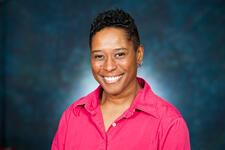
Rabbi Sandra Lawson
Rabbi Sandra Lawson was born in St. Louis, Missouri, and grew up in a military family. She graduated from Saint Leo University magna cum laude with a Bachelor of Arts degree in Sociology.
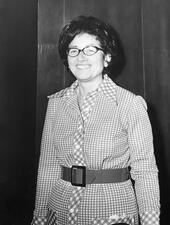
Judith Lax
Dr. Judith H. Lax (1924-2022) was a trailblazing lay leader in the Conservative movement. In 1971 Lax became the first female president of a Conservative congregation. She went on to hold numerous positions in the United Synagogue of America that were previously held exclusively by men. Through her many firsts, Lax quietly laid the groundwork for women’s equality and helped change the face of Conservative Judaism.
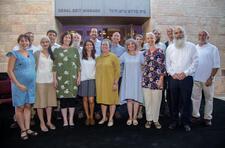
Leaders in Israel's Religious Communities
Since the late twentieth century, Israeli women have begun to assume leadership positions that are undoubtedly “religious” in both content and form. In the Reform and Conservative movements, gender equality has existed for decades, while in the most traditional ultra-Orthodox societies distinctive female religious leadership exists only within halakhic constraints. In modern Orthodoxy, measured changes have led to significant changes over the years and a new generation of religious leadership.
Leadership and Authority
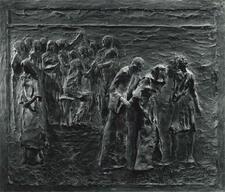
Leah: Bible
Leah is the sister of Rachel, and many of the stories about her center around her turbulent relationship with her sister, as they are both Jacob’s wives. Jacob clearly prefers Rachel, and the sisters repeatedly compete with each other for Jacob’s affection. Leah and Rachel are remembered as the ancestresses “who built up the house of Israel” (Ruth 4:11).

Leah: Midrash and Aggadah
Leah is the sister of Rachel and the wife of Jacob. God blesses Leah with children; she has six sons and one daughter, and two of her sons become ancestors of two of the twelve tribes. She may not have been Jacob’s preferred bride, but she is interpreted as extremely selfless and generous.
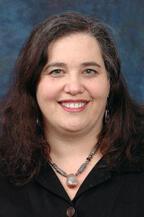
Lori Lefkovitz
Legal-Religious Status of the Female According to Age
Legal status in Judaism is determined by age, sex, legal capacity, and, to some extent, by class and societal status. Legal majority in Jewish law was achieved relatively early in comparison to contemporary standards.
Legal-Religious Status of the Jewish Female
Gendered language in the Torah resulted in centuries of debate about a woman’s role with regard to commandments. The sages’ construction of a woman and her values was very negative, probably relating more to their vision of the ideal, which was male oriented, and applying its opposite to females.
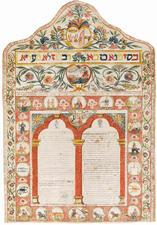
Legal-Religious Status of the Married Woman
Rabbinic law defines the criteria and requirements for traditional marriage, marital rights, and divorce. However, the rabbinic marital system poses many problematic issues for women, especially for agunot, women trapped against their will in marriages by their husbands.
Legal-Religious Status of the Moredet (Rebellious Wife)
A woman who is deemed a moredet is severely disadvantaged in her legal standing. There are various ways in which a women is considered a moredet, and all legal processes dealing with rebellious wives put women at a legal disadvantage.
Legal-Religious Status of the Suspected Adulteress (Sotah)
Legal-Religious Status of the Virgin
Virginity has long remained a significant feature of womanhood in Judaism. Many foundational Jewish texts detail the specifics of virginity, explaining the requirements of virginity and to what extent these requirements can be expanded.
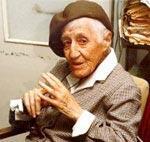
Nechama Leibowitz
Although Nehama Leibowitz refused to acknowledge that she was a revolutionary in any way, ultimately her unique achievements changed Orthodox society’s perception of a woman’s capabilities and undoubtedly opened doors for the female Torah scholars who followed. Through her teaching, Leibowitz brought numerous people, including non-Jews, to a new conception of Torah study.
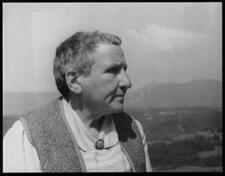
Lesbianism
Lesbians and women’s same gender-loving has a long history in Jewish life, dating back to ancient times. Since the 1980s, particularly in the United States, Jewish lesbian thinking and activism has become a part of all facets of Jewish life.
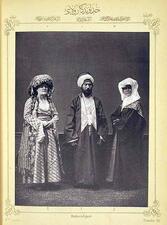
Levant: Women in the Jewish Communities after the Ottoman Conquest of 1517
Following their expulsion from the Iberian Peninsula in 1492, many Jews settled in Palestine, Egypt, and Syria – regions which fell under Ottoman Control in 1517. Girls in the Levant were married at young ages, polygamy was common, and obtaining a get was very difficult. Nevertheless, many Jewish women worked outside the home and kept their earnings.

Joy Levitt
